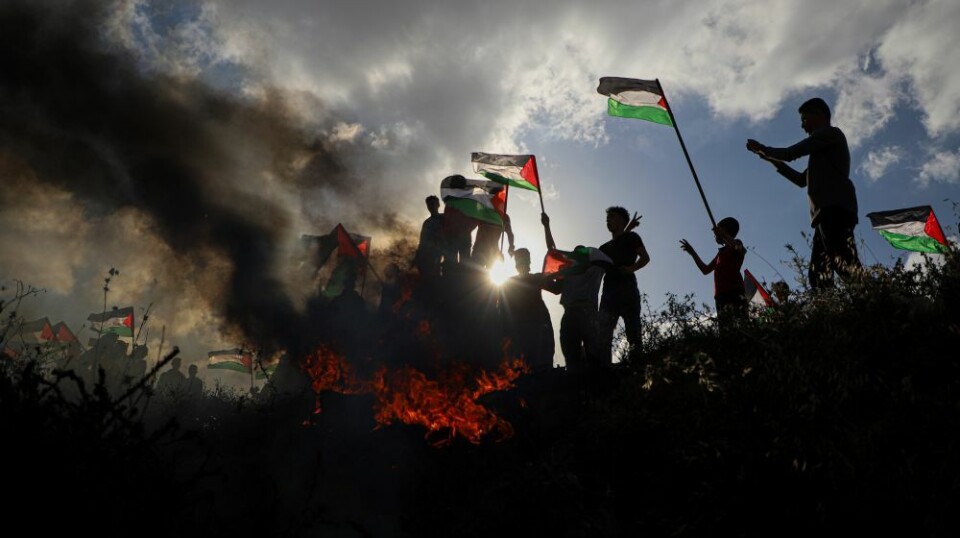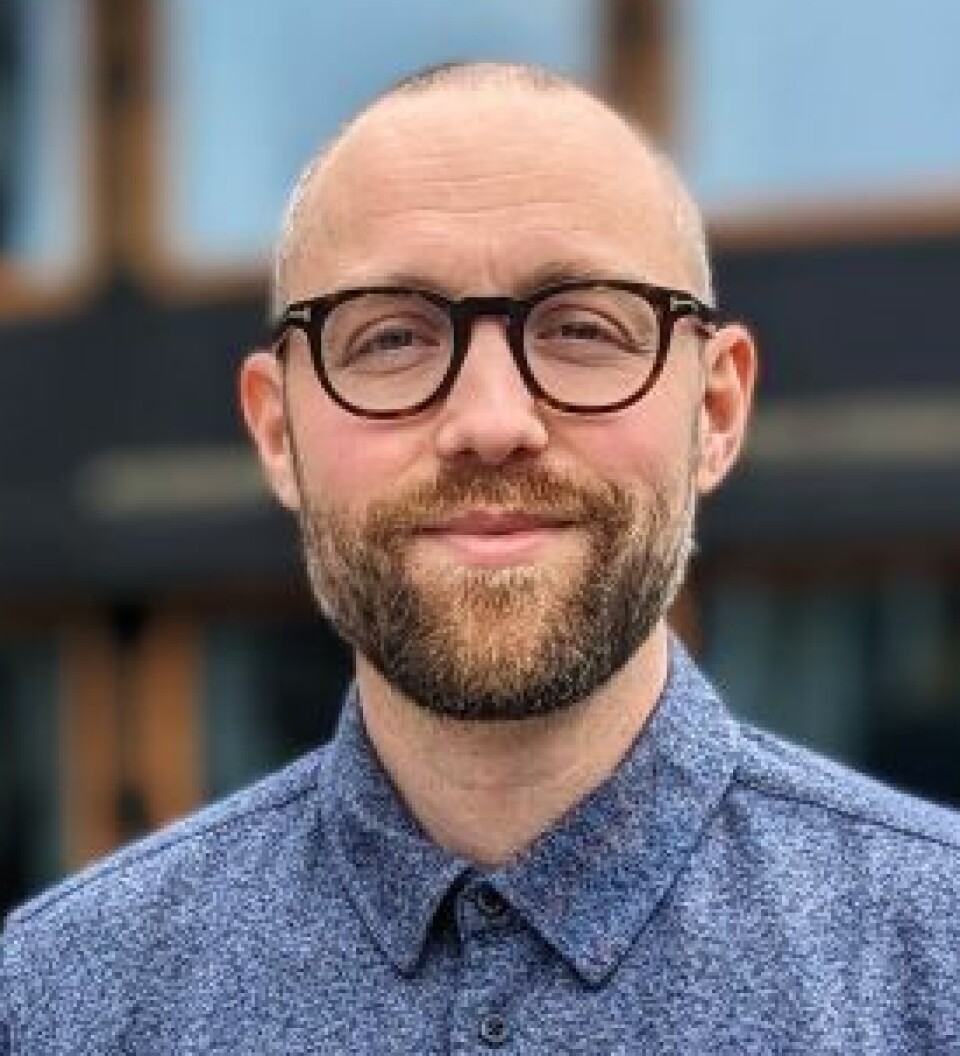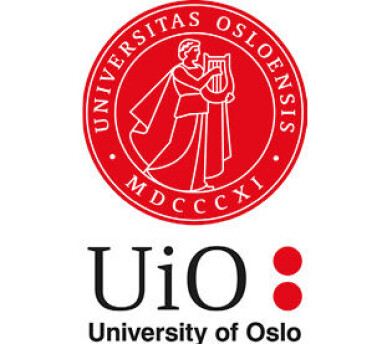THIS CONTENT IS BROUGHT TO YOU BY University of Oslo - read more
How could Hamas' brutal attack on Israel happen?
Historian argues that the international boycott of the Hamas government was a major mistake and helped push the group toward a more hardline stance.

“I believe many, including those of us researching Hamas and Palestinian Islamism, were shocked by Hamas’s attack on Israel on October 7, 2023. The brutality was something I did not associate with Palestinian armed groups,” says Erik Skare.
He is a historian at the University of Oslo and recently released the book Road to October 7.
In the days following the attack, Skare observed that the public discourse quickly became polarised. Some international politicians and researchers painted a picture of Hamas as being blindly driven by an antisemitic and anti-Western ideology, with the destruction of the state of Israel as its sole aim. The hashtag ‘HamasisISIS’ was widely used.
He began an extensive study of political writings, journals, memoirs, and other written materials published by the Islamist movements in Palestine.
He also collected socioeconomic data from over 4,000 martyrs within the various movements.
The goal was to understand: Has the world misunderstood Hamas? How could such a brutal attack happen?

Not one Hamas, but many
Today, Hamas and Palestinian Islamic Jihad (PIJ) are the two largest Islamist movements in Palestine. Both emerged from the Palestinian Muslim Brotherhood, an organisation formally founded in Jerusalem in 1946.
The two movements are distinct. Hamas has focused on piety and living according to religious norms. Activists have acted against unmarried couples holding hands or dressing inappropriately.
PIJ, on the other hand, has argued that such matters are largely a distraction from the armed struggle against Israel.
But while Palestinian Islamism is not a singular entity, neither is Hamas, Skare explains.
“There's not one Hamas. There are many. Within Hamas, there are a variety of opinions about what Hamas is, who it should serve, which means are best suited to achieve goals, and what compromises can be accepted,” he says.
Hawks and doves
The most significant divide lies between hardliners and moderates. These are what Skare refers to as hawks and doves.
Traditionally, hawks – meaning hardliners – have not accepted the idea of Israel continuing to exist alongside a future Palestinian state.
Doves, on the other hand, have been willing to accept a two-state solution along the 1967 borders.
“The doves are not pacifists, but they prefer to prioritise means other than violence, such as political reform or social work. They're also opposed to the most brutal forms of violence,” he says.
At the same time, it is entirely possible on an individual level to be radical on one issue and moderate on another, Skare points out.
Once a dove, now a hawk
Some also change their views over time. One example is Mahmoud al-Zahar. He is one of the top leaders of Hamas. He was originally a moderate.
In the early 1990s, he even received death threats from the Izz al-Din al-Qassam Brigades, the armed wing of Hamas, for advocating a peaceful resolution with Israel.
However, after Israel attempted to assassinate him in a bombing raid, killing his son and severely injuring his daughter, al-Zahar has become one of the most unwavering hawks, according to Skare.
“The direction Hamas takes has largely depended on the dynamics and balance of power between hawks and doves. When the hawks have been in power, it has often led to an escalation in the level of violence. When the doves have had the upper hand, it has allowed for a ceasefire,” he says.
Thinks the international community made a mistake
Despite the diversity within the party, Hamas is often seen as a political entity with a singular opinion, one political line, and one goal, according to Skare.
He believes that how the outside world perceives Hamas matters.
“The international community’s view of Hamas matters because it determines the policies we pursue. Here, I feel that the international community has made a significant error by treating Hamas as homogeneous,” he says.
According to Skare, the biggest mistake was the international boycott of the Hamas government in 2006. This was intended to weaken Hamas as a whole, but in reality, it weakened the doves within Hamas.
“The moderate politicians had argued that Hamas should participate in elections and then compromise to gain international legitimacy. But when this was not sufficient for the UN, EU, USA, and Russia, and the sanctions remained in place, the political authority of the moderates was completely eradicated,” he says.
Throughout the 2010s, more and more hawks were elected to key positions.
“The boycott strengthened the hawks’ belief that their actions don't matter: that they can participate in democratic elections, accept a two-state solution, and open themselves up to negotiations with Israel, yet the international community remains opposed to them simply because they are Palestinians and Muslims. Thus, the conclusion becomes that only violence can liberate them,” he says.
Wanted to bring Palestine to the forefront
He believes the October 7, 2023 attack was carried out because Hamas realised that its governance project in the Gaza Strip had developed into a slow political suicide.
Unemployment was sky-high, and living conditions terrible.
Hamas was in no way closer to lifting the long-standing blockade imposed by Israel and Egypt, which had been enacted to replace the sanctions from 2006.
At the same time, it seemed that the international community had grown weary of the Palestinian-Israeli conflict.
“Hamas leaders likely thought that a spectacular attack was necessary to bring the Palestinian issue back to the forefront,” he says.
Encourages a nuanced perspective
Today, Gaza is bombed and devastated. Skare believes there are intense internal discussions within Hamas about whether the October 7 attack was justified. There have also been significant demonstrations against Hamas in the Gaza Strip.
“We're at a crossroads, and we can't quite see what the outcome will be,” the historian says.
However, Erik Skare believes that a crucial factor moving forward will be whether the international community can refrain from simplistic portrayals of Hamas and instead engage with the movement as a heterogeneous organisation.
“There are voices among Palestinian Islamists that can be strengthened and with whom we can engage in dialogue. There lies a great opportunity for political influence,” he says.
Reference:
Skare, E. 'Road to October 7', Verso Books, 2025. ISBN: 9781804297889 (Summary)

This content is paid for and presented by the University of Oslo
This content is created by the University of Oslo's communication staff, who use this platform to communicate science and share results from research with the public. The University of Oslo is one of more than 80 owners of ScienceNorway.no. Read more here.
More content from the University of Oslo:
-
"Everyone knows it, everyone’s seen it. Most people have a perception of nightlife chaos”
-
Music in film and TV: “It's a form of manipulation”
-
Can you take antidepressants while pregnant?
-
Where humans outshine AI: “There's something hopeful in these findings”
-
Why we need a national space weather forecast
-
Mainland Europe’s largest glacier may be halved by 2100




































